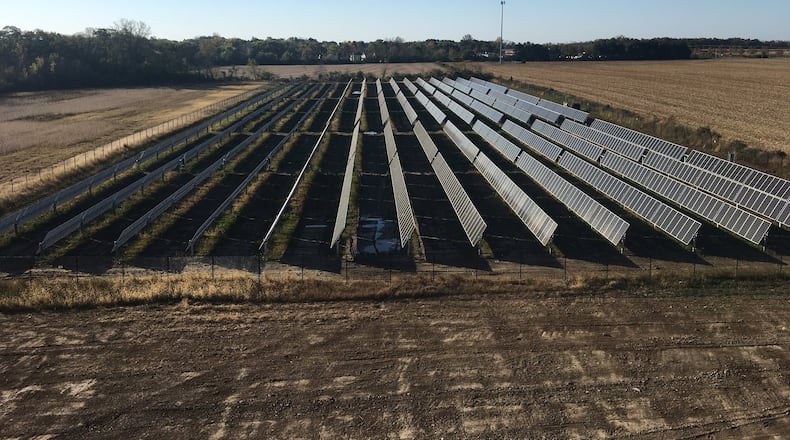Opposed to the solar farms is a group called Concerned Citizens of Preble County, which, along with some individual members, appealed the board’s approval.
Open Road Renewables, the Austin, Texas-based developers for Alamo and Angelina, filed applications in late 2018 to construct the solar farms. Each will contain large arrays of ground-mounted solar panels in addition to access roads, meterological stations, buried electricity collection lines, inverter pads and a substation on a combined 1,800 acres, according to records. Developers said the solar farms in Preble County would result in a $1.7 million annual tax revenue, or $9,000 per megawatt generated, that would benefit the county, school districts and other taxing jurisdictions.
Opponents unsuccessfully claimed the siting board misinterpreted its own rules, and outlined six areas where they believed developers did not meet the environmental requirements for a certificate. Those included the amount of noise the farms would generate, the visual impact on the area, and whether the solar panels were set back far enough from neighboring properties to plant “vegetative screening” to obscure the view. The group also challenged whether the board adequately assessed the impact on wildlife and plants, the possibility of increased flooding and potential pollution, according to court records.
Writing for the Court majority, Justice R. Patrick DeWine said the court determined that the board abided by its rules.
“The legislature has instructed that we may reverse a board order only if we find it to be unlawful or unreasonable. Because neither has been established, we affirm the order of the power siting board,” Justice DeWine wrote.
About the Author

